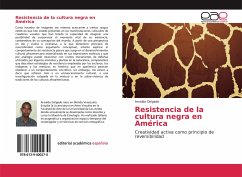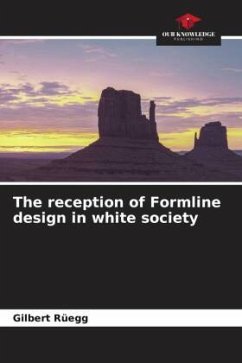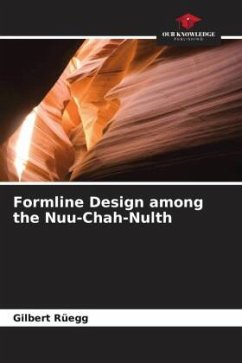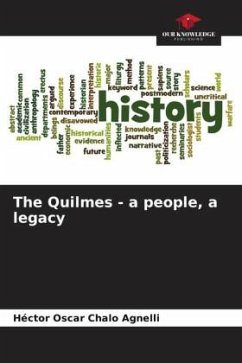
Black cultural resistance in America
Versandkostenfrei!
Versandfertig in 6-10 Tagen
27,99 €
inkl. MwSt.

PAYBACK Punkte
14 °P sammeln!
As a maker of images, I am interested in approaching certain aesthetic features that have been present in the cultural manifestations of visual creators who have had the ability to imagine a possibility to embody the vital moment of their existence, containing their conception of the world. From a perspective of back and forth or vice versa, which I call the principle of reversibility as a conceptual argument, I try to explain the behaviour of passive resistance that emerges in the Afro-American cultural development materialised in their aesthetic expressions and that by analogy I can relate t...
As a maker of images, I am interested in approaching certain aesthetic features that have been present in the cultural manifestations of visual creators who have had the ability to imagine a possibility to embody the vital moment of their existence, containing their conception of the world. From a perspective of back and forth or vice versa, which I call the principle of reversibility as a conceptual argument, I try to explain the behaviour of passive resistance that emerges in the Afro-American cultural development materialised in their aesthetic expressions and that by analogy I can relate to certain defence mechanisms used by some animals and plants in nature, components that describe strategies of resistance used by slaves, indigenous people and mestizos in America, which apparently seem to obey a syncretic behaviour, however, I dare to say that they refer more to a cultural masking, to an underhand transfiguration in the mixture and in the survival of traditions of Afro-American cultures.












